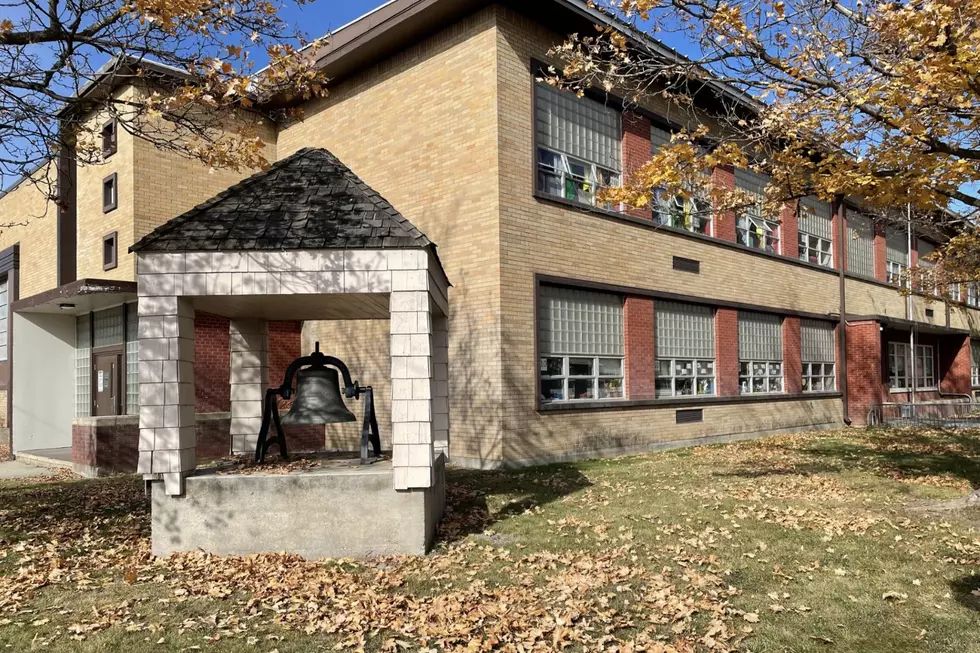
Why The Parties Line Up That Way in Montana Zoning Battles
The following article was reprinted with the permission of author Rob Natelson of the Montana Policy Institute -
Missoula has been suffering one of those land use wars so typical of some Montana cities. The city council, which is controlled by “progressives,” has voted to ease zoning restrictions to allow backyard houses in all neighborhoods, thereby feeding its ideological devotion to crowding. Or, to use their euphemism, “infill.”
A striking aspect of infill battles is that the position of the parties is just the opposite of what you might expect. Leftists normally eager to restrict property rights want to allow owners develop their land more intensively. Conservatives favor retaining the restrictive laws that prevent crowding.
Why are the parties lined up this way?
Property rights are based largely on expectations of the future. When we say that owners have legal rights to land, part of what we are saying is that government will avoid inflicting unforeseeable loss on landowners. A government that inflicts sharp and unpredictable losses on owners is one that doesn’t respect property rights.
I believe there is a place for municipal zoning. Ideally, though, zoning should be limited mostly to protecting people against nuisances they otherwise would have to sue to prevent. Most other usage issues can be handled by land covenants. But in Missoula, as in many other places, zoning laws impose rules far wider than necessary to prevent nuisances. They become a way for politicians and bureaucrats to impose their own preferences and fantasies (and the preferences and fantasies of their political allies) on everyone else.
Fortunately, in most places zoning rules change quite slowly. Existing schemes last a long time, and they create their own expectations and assumptions. Those expectations and assumptions become part of owners’ property rights.
For example, if the city says a zone may be used only for residential purposes, then people will buy and sell land in that zone on that assumption. A person looking for a home protected from commercial or industrial activity will pay a higher (or at least a different) price for land in that zone than if the property were unzoned.
But there is a big underlying problem with basing property rights based on zoning: Sometimes politicians and bureaucrats change their preferences and fantasies. In cities that, like Missoula, are plagued by constant “progressive” tinkering, this can lead to sudden and radical change in the land use rules.
Conservatives and moderates in who oppose radical change in zoning laws actually are protecting property rights, at least as the government had distorted them. That is, they are protecting owner expectations about what can and cannot be done in certain areas of the city. A lot of financial and other human value has been tied up in those expectations.
In Missoula, a series of “progressive” victories on zoning issues has inflicted huge losses on innocent owners—people who bought their homes at agreed prices based on existing zoning, settled their families there, and planned their retirement there. Many of their expectations and assumptions, along with a good chunk of their property values (financial or otherwise), have been destroyed.
Leftists seem to take a perverse enjoyment in using the government to inflict harm on innocent people, particularly people they don’t care for. They also like imposing their preferences and fantasies on others. That helps explain their delight in sudden zoning changes that upend established rules and expectations. Conservatives, as their name implies, generally favor only gradual change so as to protect people against unforeseeable loss.
In the long run, property owners don’t stick around for bad treatment if they can leave. That’s one reason that when I took early retirement from UM, my family and I sold our Missoula home and moved elsewhere.
More From Newstalk KGVO 1290 AM & 98.3 FM









